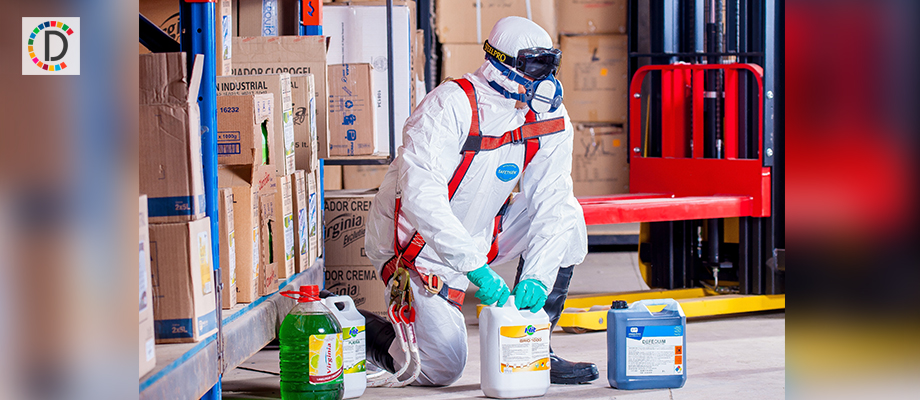New vaccine for diarrhea passes safety trials: Study

- Country:
- United Kingdom
A potential vaccine against diarrhea has been proven safe and effective in an early-stage clinical trial carried out in Bangladesh, scientists say. The study, published in the journal The Lancet Infectious Diseases, studied the safety and effectiveness of an oral, inactivated vaccine candidate -- ETVAX -- against toxin-producing E. coli bacteria which caused diarrhea.
According to the researchers, including those from the University of Gothenburg in Sweden, the specific type of the bacteria are the primary cause of diarrhea, leading to substantial illness and death in children in low- and middle-income countries (LMICs) as well as in travelers to LMICs. They said there is no vaccine available yet for use for either children or travellers to high-risk areas, and added that vaccine development for the infectious diarrheal diseases was a World Health Organization (WHO) priority.
The scientists selected 450 infants and children in Bangladesh between six months to five years of age as participants for the study. The vaccine used in the study consisted of inactivated E. coli bacteria expressing high levels of proteins that triggered the immune reaction, and a subunit protein called 'LCTBA'.
The children were administered the vaccine either alone or together with different doses of an immunity-boosting agent called an adjuvant to assess the vaccine's safety and effectiveness. They found that the vaccine-induced serum and intestinal immune responses in the participants.
The study noted that 80-100 per cent of the children between two and five years of age, and 50-80 per cent of infants between six and eleven months of age responded to all key immunity generating components of the vaccine. The researchers said the vaccine along with the adjuvant enhanced the magnitude, breadth, and kinetics of the intestinal immune responses in infants.
(This story has not been edited by Devdiscourse staff and is auto-generated from a syndicated feed.)
ALSO READ
Shakib Al Hasan expected to make return for Bangladesh in T20I against Zimbabwe ahead of WC 2024
CAA game plan by BJP to brand Bengali migrants as Bangladeshis: TMC's Abhishek
Bangladeshi migrants in Malaysia must be protected from criminal networks: UN experts
Bangladesh to reopen schools despite heatwave
China & Bangladesh armies to hold first military exercises next month: PLA










